Can you tell us a little bit about how your career in late night began and what shows you worked on?
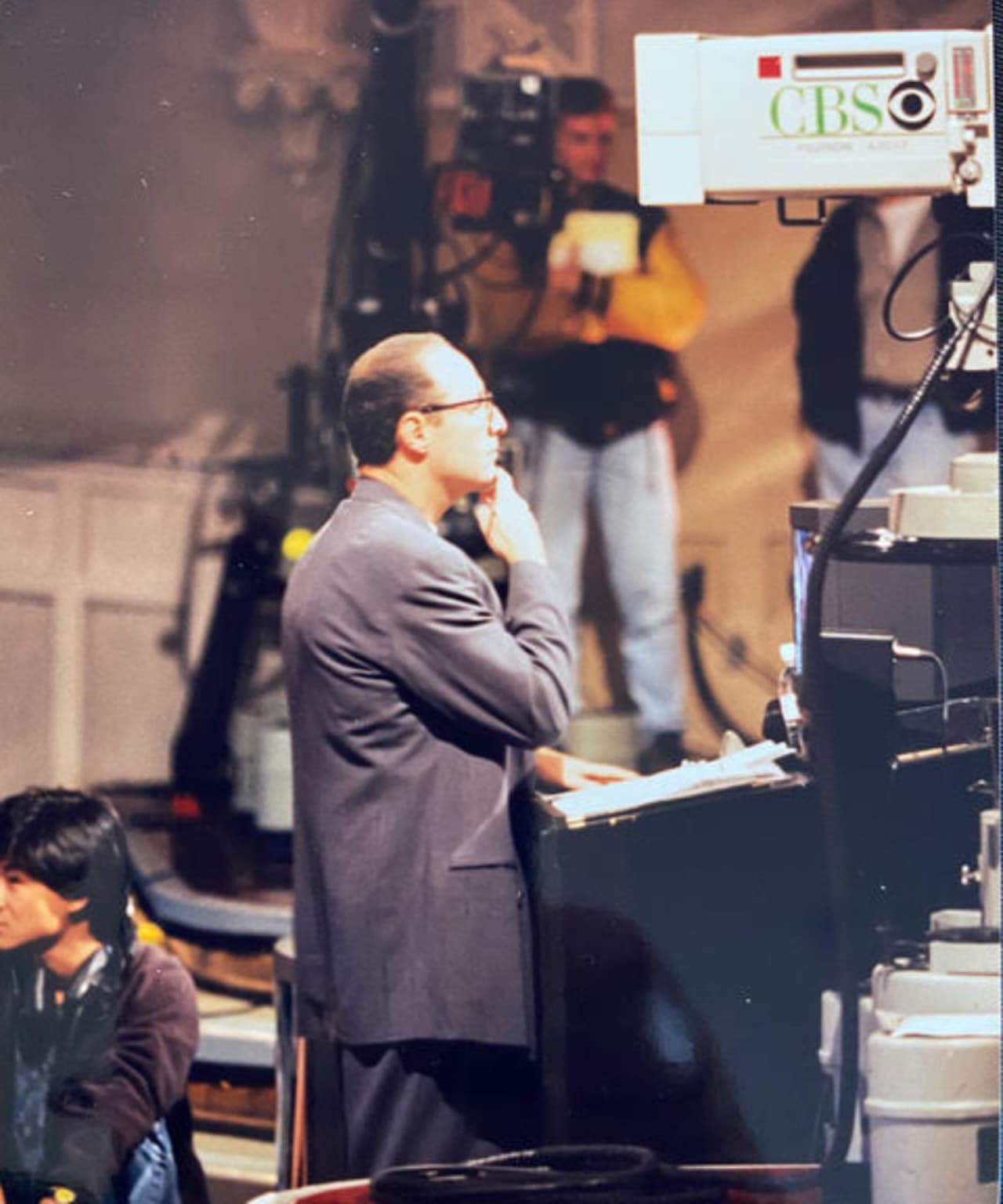
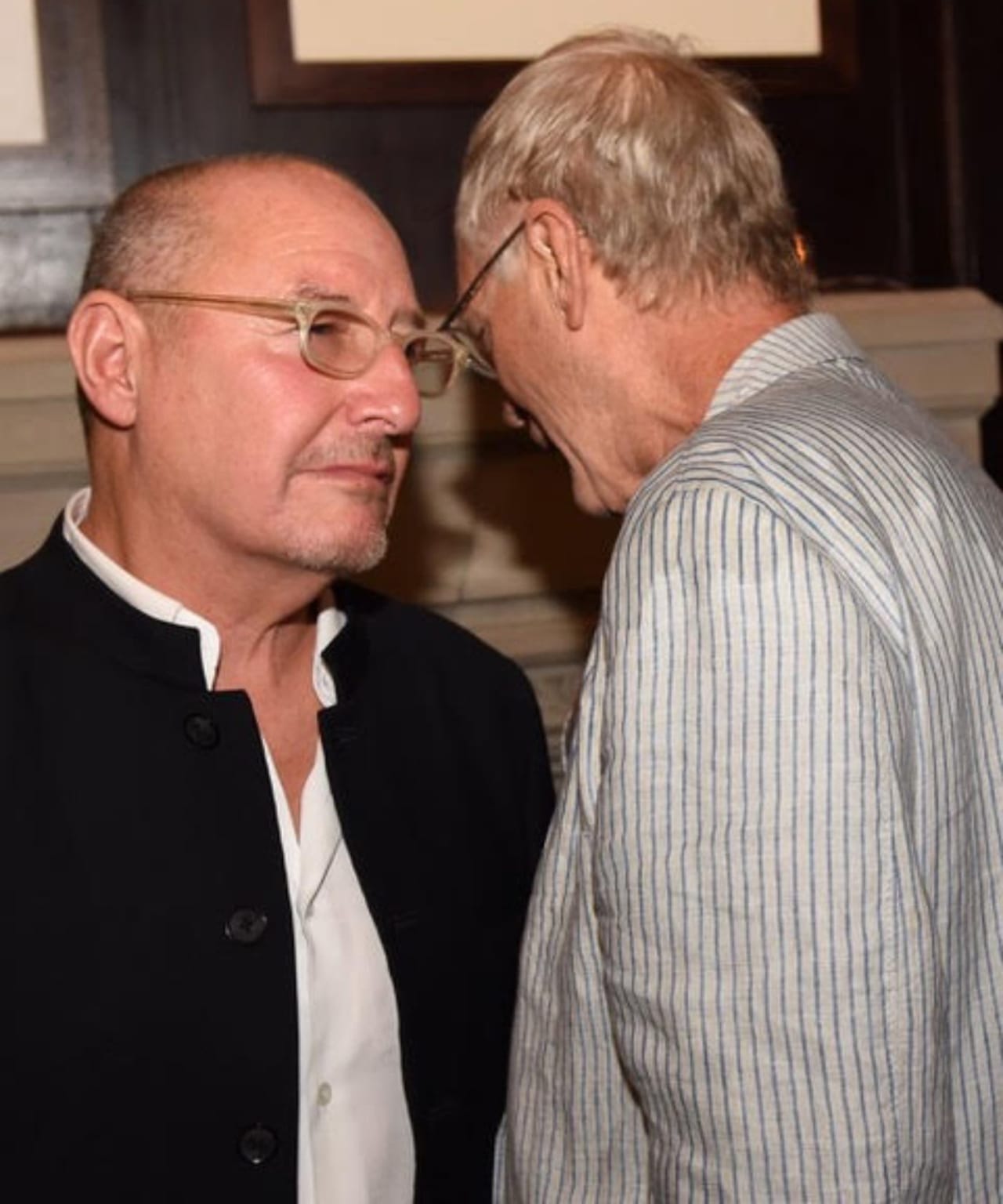
I went on to serve as executive producer of CBS’ Late Night Show with David Letterman but left the show in 1996. After that, I produced several programs, including Drew Carey’s Green Screen Show, The Wayne Brady Show, Over the Top and Mind of Mencia. I returned to late night in 2010 when I took over as executive producer for Lopez Tonight on TBS.
Can you expand on your involvement in the new CNN docuseries and how Letterman became such a late-night icon?
CNN sat me down for a long interview which will likely air in the six-part series. We chatted about everything, seeing as I was a key player in the historic deal of Letterman moving to CBS. The first episode is about Johnny Carson, which is where late night all started. He made it all viable for us. As a young kid, I’d see these guys drink, smoke and chat on the show and all I wanted was to be a part of this scene. When I started with Letterman, we were young kids. Rebels. Everyone who worked on the show was in their 20s or 30s. We basically decided to parody Johnny Carson and imbue late night with a sense of irreverence and flair. We wanted rock and roll, so that’s exactly what we did. We gave late night the young identity it’s become known for.
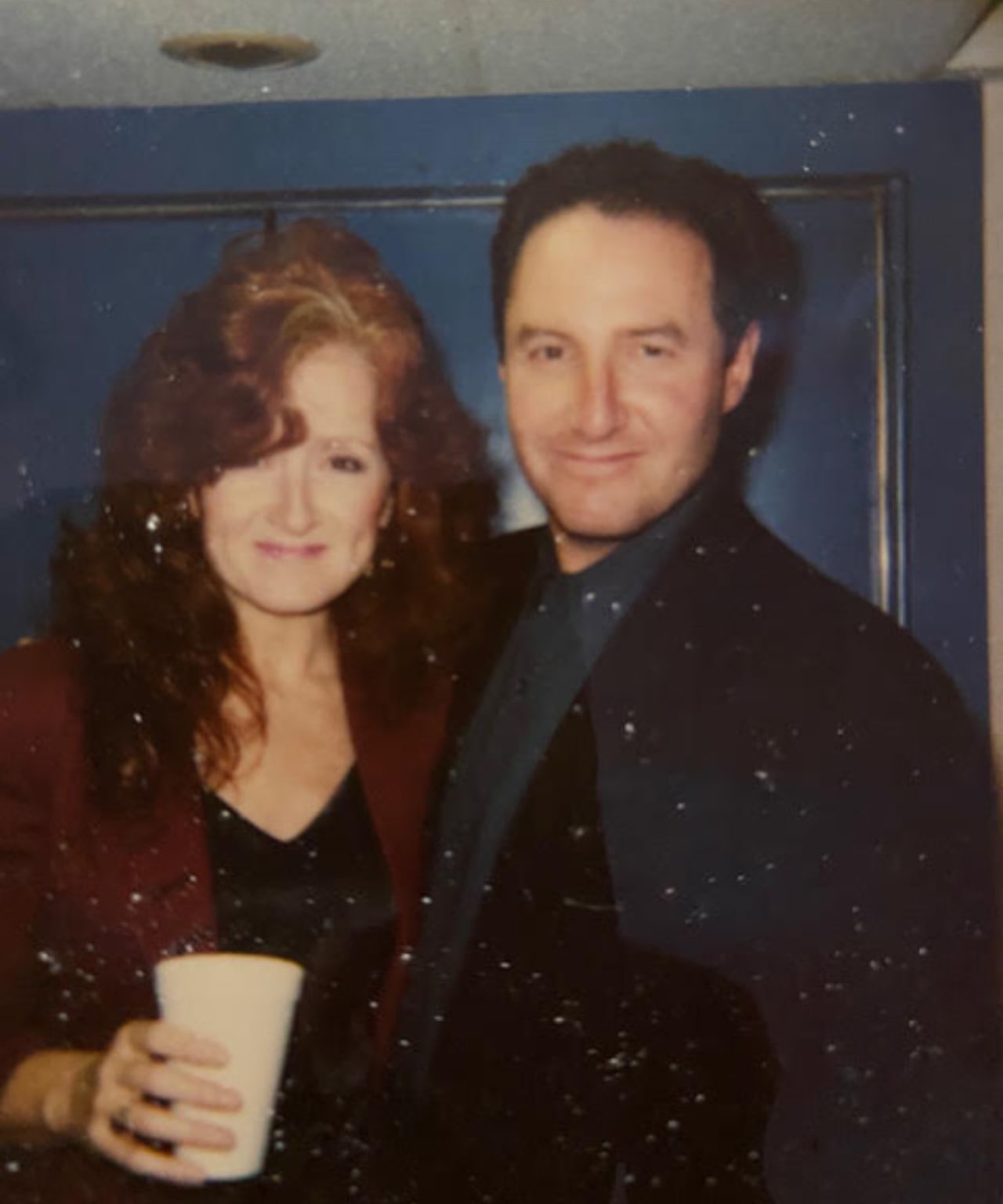
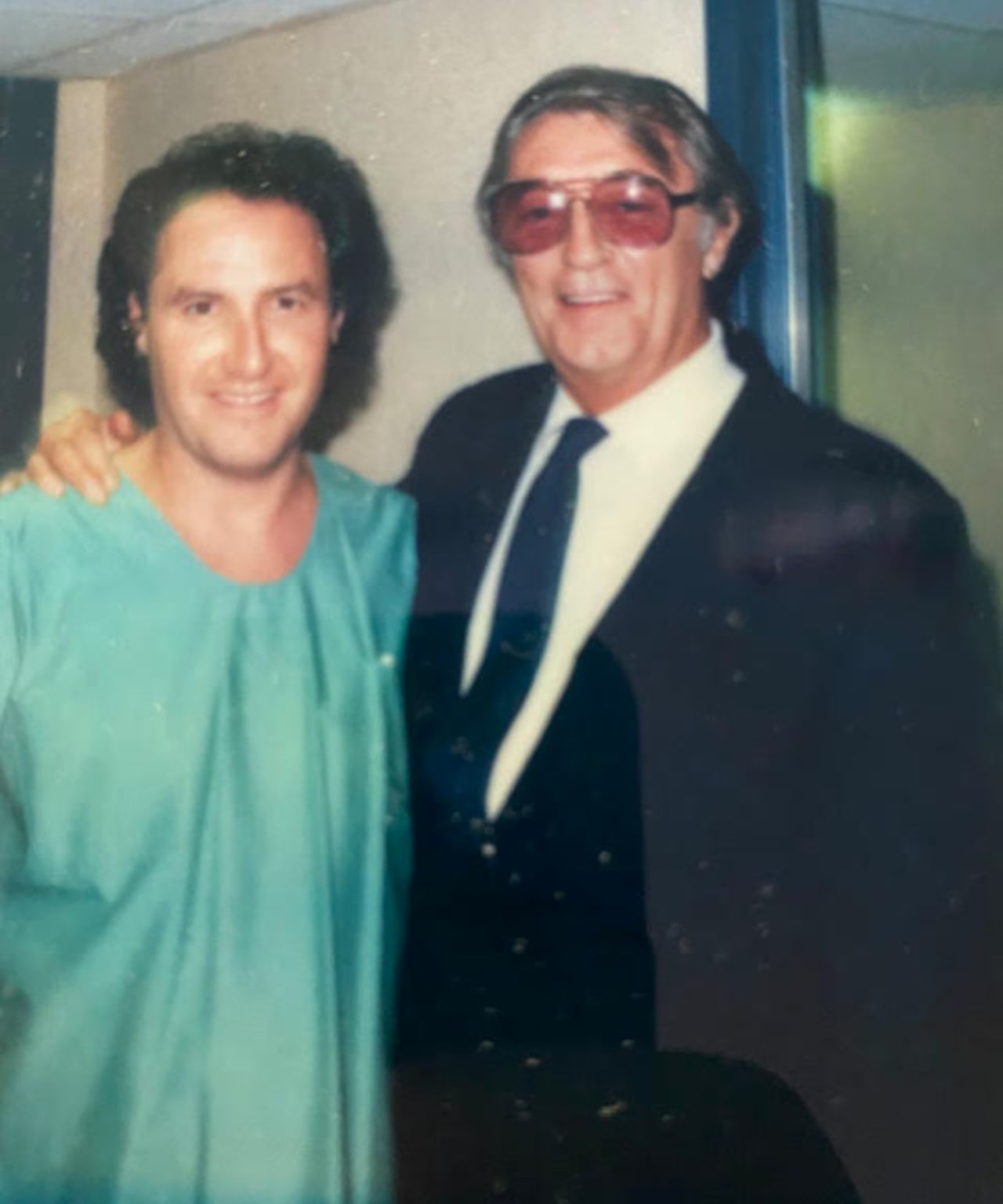
Well, Letterman was definitely my favorite show to work on. I was doing it out of New York City and it was one of two shows people really cared about alongside SNL. I got invited to everything — it was a really fun, heady job to have. At the time, David Letterman was essentially a professor in comedy, but he once told me that he’d get lonely on stage, so from then on I’d join him and we’d just chat on-air while millions of people tuned in. I have so many great stories.
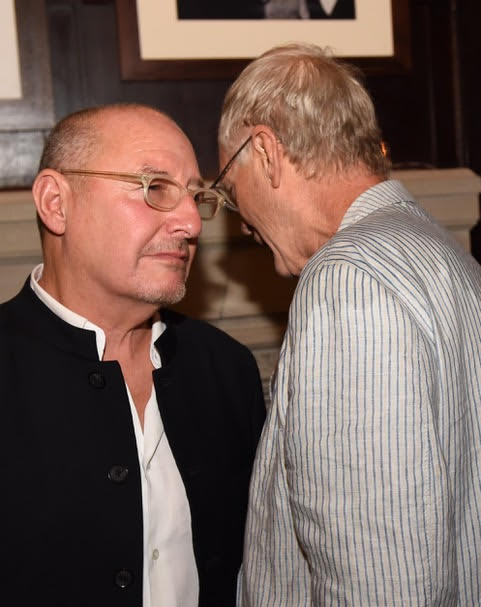
There was one time that the comedy writers did a piece called A Day in the Life of Morty. Letterman brought me on the show to introduce the piece and I’m not going to lie, it was pretty tepid. He said, “Well, that didn’t do very well,” to which I responded, “Yeah that sucked.” And then he said, “Remember what we decided if you were ever to do a sucky piece on TV? You have to jump in a giant tub of chocolate pudding.” And I did just that. Yet unbeknownst to me, Letterman jumped in too. So there’s this one clip of two idiots jumping around pudding on late-night TV.
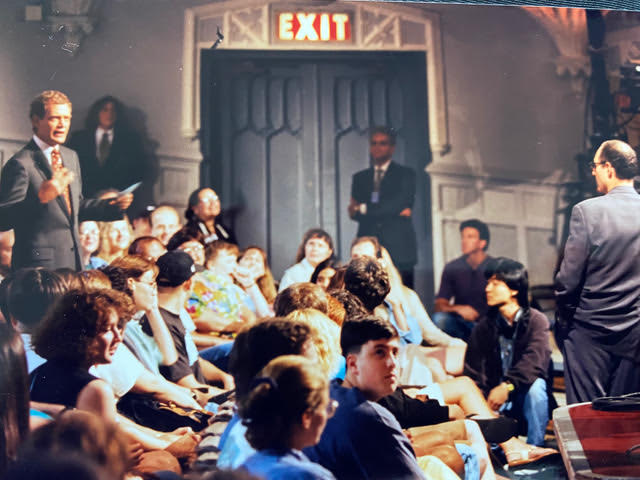
Letterman was on the air when the competition wasn’t so stiff, and when things started heating up with Jay Leno, it became even MORE fun. We fought hard. There was one time when Jay came to our office unannounced so I swapped all the photos of our guests on the wall with the most hard-to-get people in the industry. Prince Charles, Jackie Onassis. It took Jay a while to realize we were messing around with him.
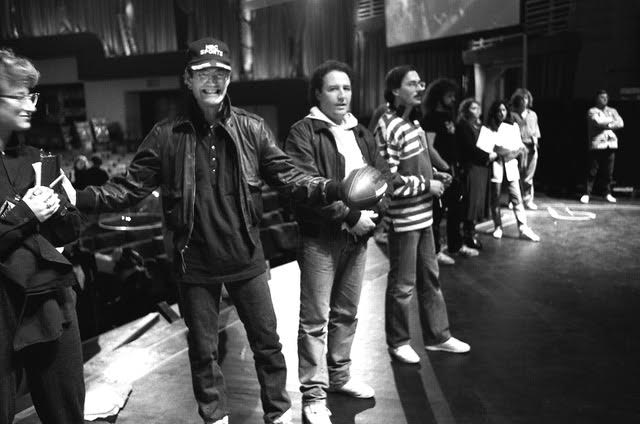
When the Emmys came around each year, we paid for everyone on our team to fly out to LA. So when they read the names for each show, the Letterman crew was always the loudest. Afterward, Johnny Carson was often our special guest at dinner, and once picked up the whole check for us. We had a lot of incredible times together.
How do you see the late-night industry changing?
There was a time where there were three networks: CBS, NBC and ABC. Johnny Carson would get 40% of the audience because CBS had nothing. ABC tried Joey Bishop and other late-night people but nothing really stuck. Carson was the king for a reason. He’d get almost 20 million viewers each night. Now if you get 1.5 million viewers, you’re a hit. No one compares to Carson anymore because there are so many channels to choose from. Add Netflix, Hulu and other streaming services into the mix and it’s a pretty saturated market.
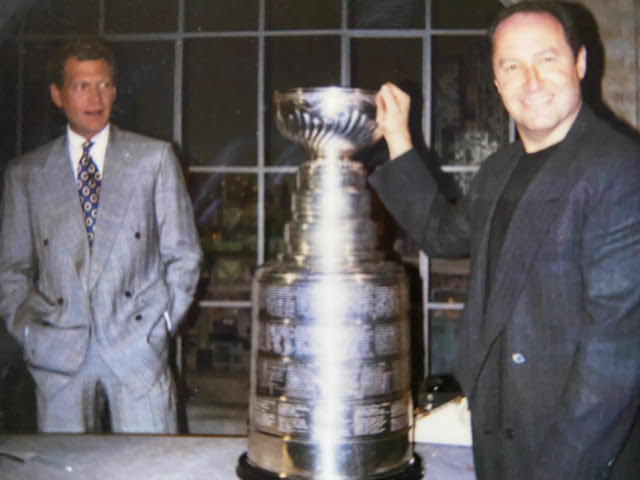
In the olden days, if you wanted to see Marlon Brando out of character, you’d have to watch late night. Now, it’s all too casual. We don’t care as much about the celebrities because we know what they’re doing at all times thanks to social media. So in my opinion, late night needs a big reinvention. I think Trevor Noah has done a great job at reinventing the game — which is exactly what Letterman did. He parodied what late night was at the time, and paved an entirely new way forward.
What do you say was the key to your success during your late-night stint?
Being nice to everyone. That’s also the key to my success in real estate. You have to be nice to the people at the very bottom of the ladder, all the way up to the agents, producers and so on. I always tried to be fair, and always told it like it was. That’s how I got to where I am today.
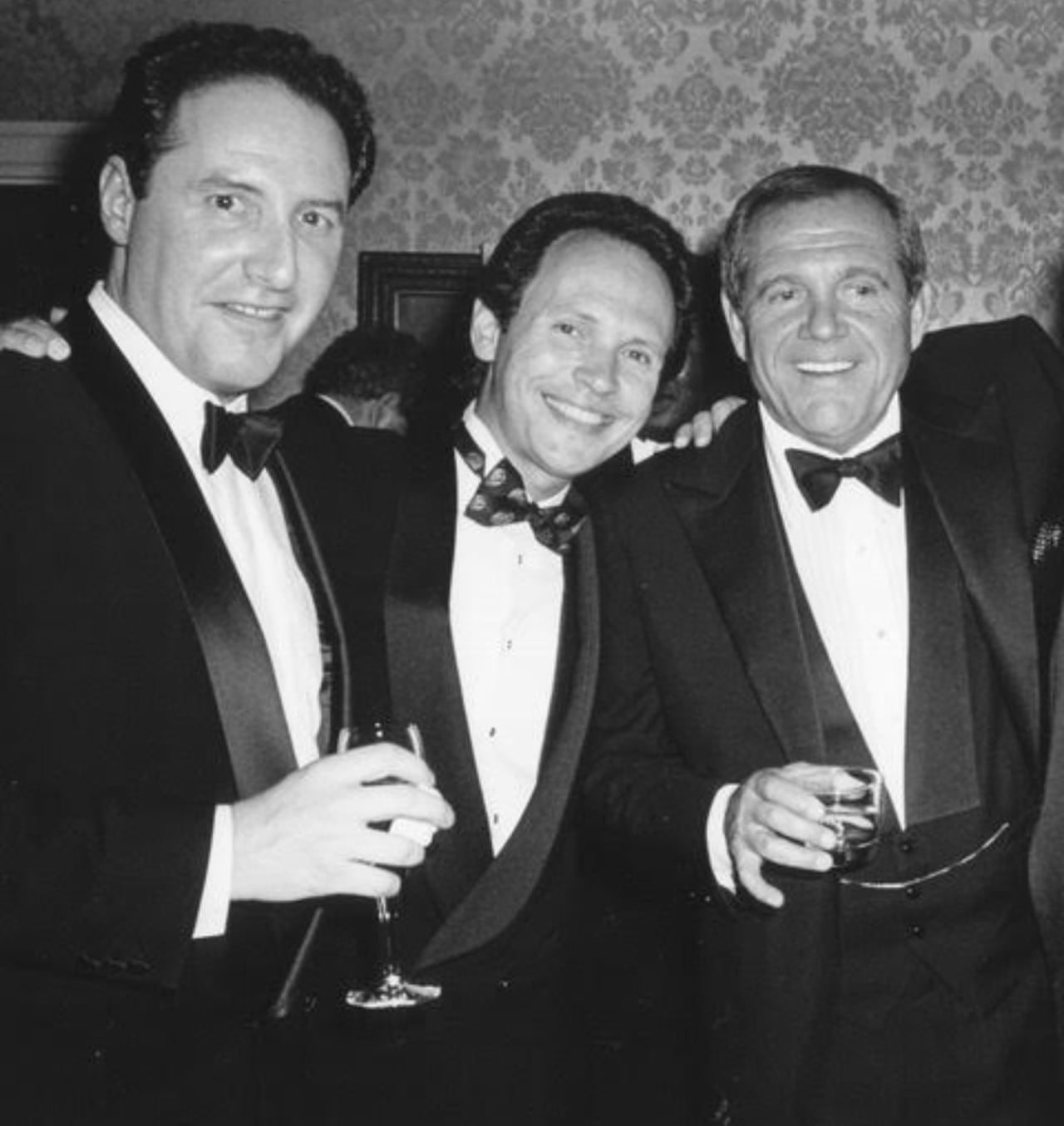
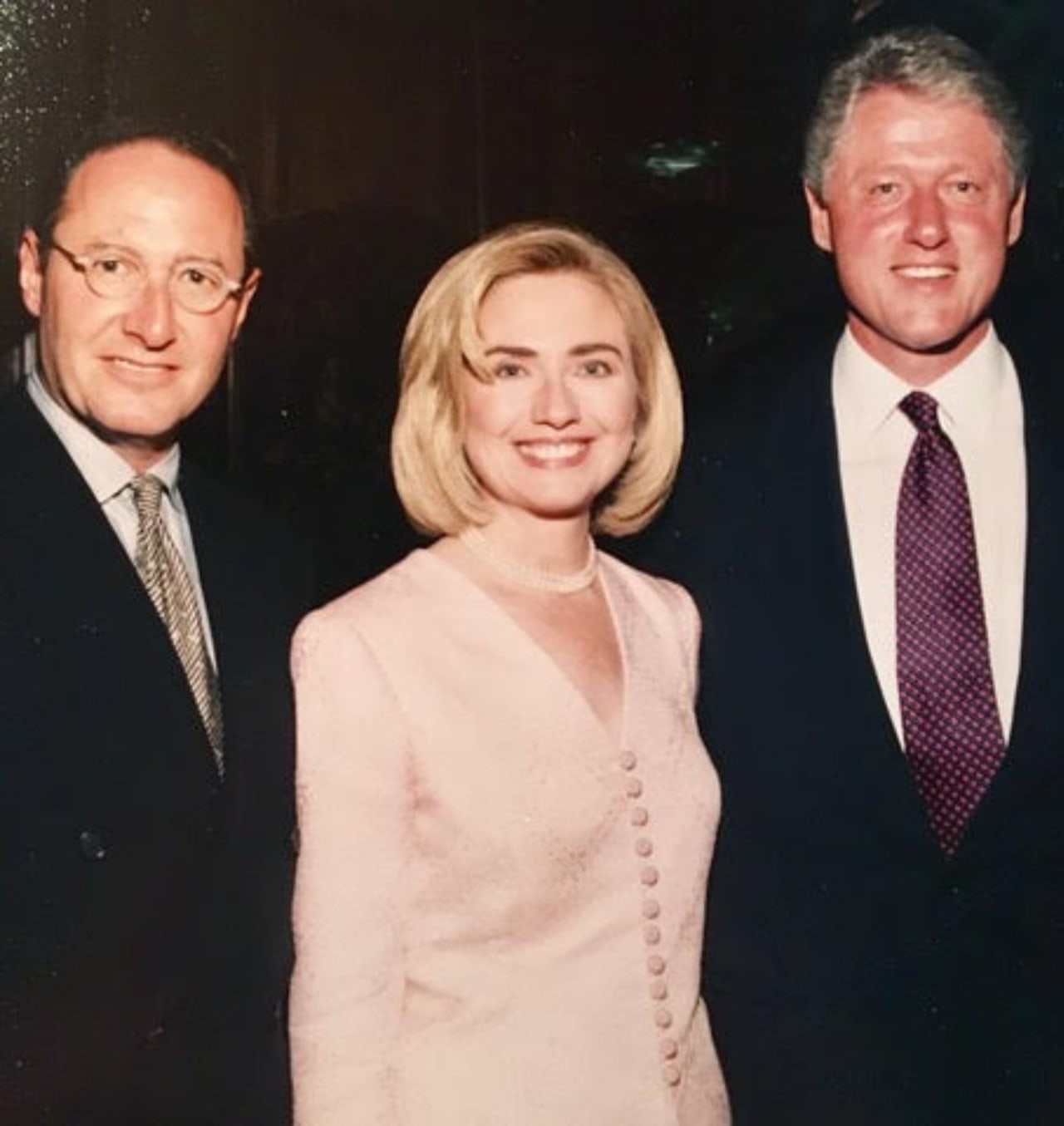
I ultimately got out of television because there was this one time I pitched a show to a younger guy who had no idea who I was, and he said, “Let me tell you something — the trick to comedy is that the set-up is more important than the punchline.” So I said, you know what? I’m done. I got out and asked myself, what am I supposed to do now? The two things I knew about were art and real estate. I had a very strong list of contacts, and I’d dealt with million-dollar contracts before. The rest is history. I’ve been in real estate ever since.
Interested in hearing more from the legend himself? Shoot Morty an email at [email protected] to chat all things late night and real estate, and tune in tomorrow at 9pm to kick off The Story of Late Night on CNN.